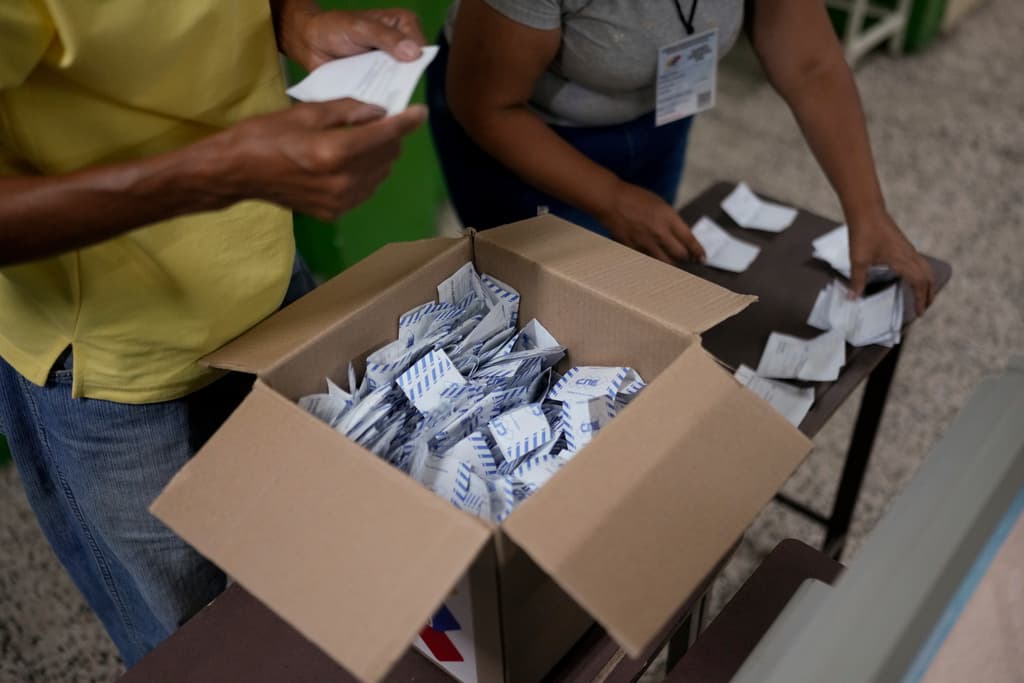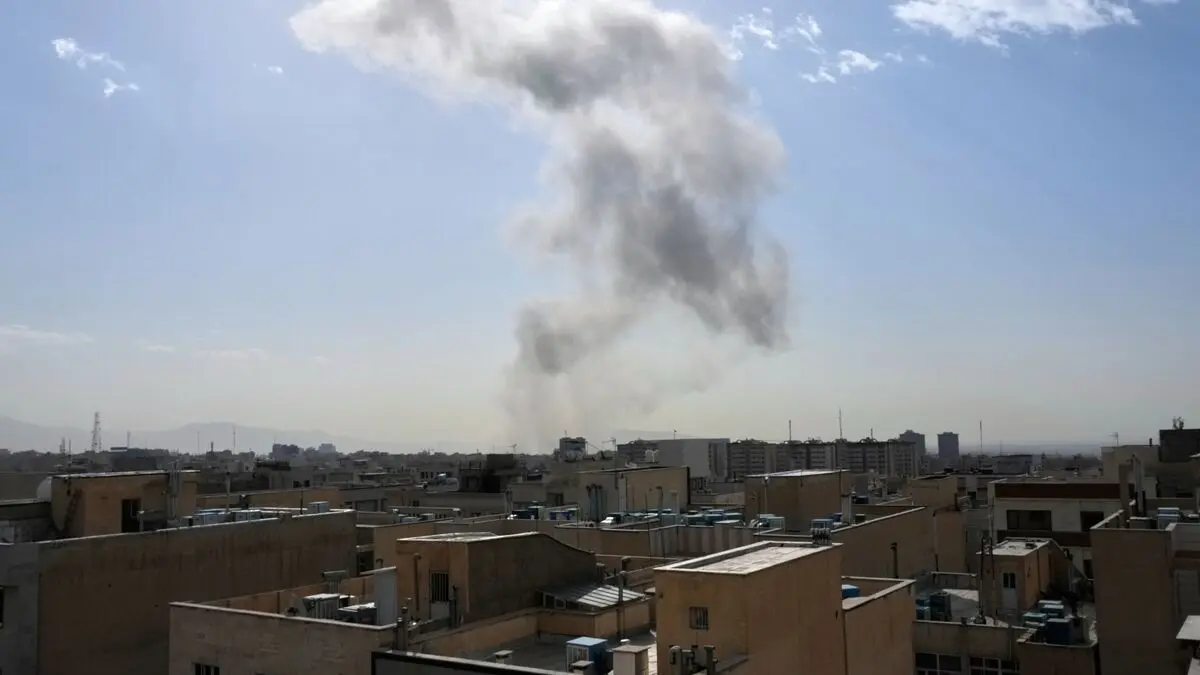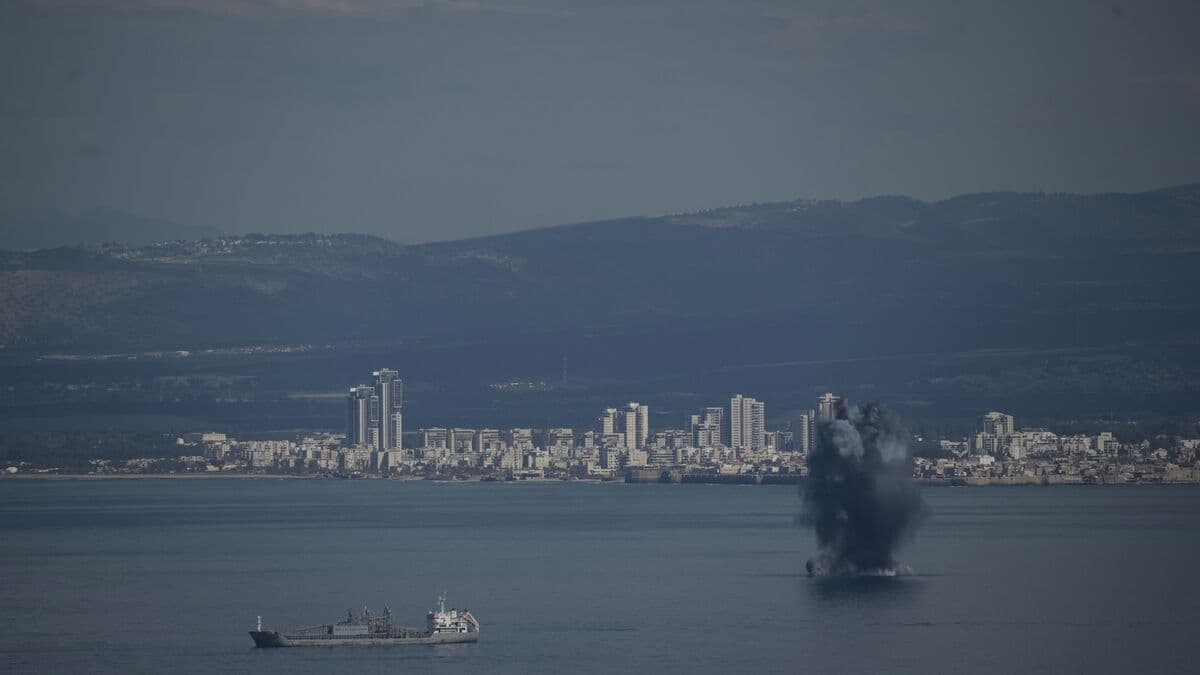After the presidential election in economically troubled Venezuela, long-time President Nicolás Maduro is fighting tooth and nail to stay in power. The opposition, on the other hand, is fighting to break the long socialist regime's streak and mark the end of Chavism, the left-wing ideology named after former leader Hugo Chávez.
Both parties have declared themselves winners in the July 28 election.
In Chavism's early days, leaders feared that the opposition would use fraudulent methods and therefore established an automated voting system. Now, over two decades later, the country's opposition hopes that the same system will be its salvation.
There is talk on social media about ID fraud and claims that the machines can change the votes. But evaluations show that this is not the case, says Venezuelan journalist and election fraud expert Eugenio Martínez, to the newspaper El País.
Sophisticated system
Griselda Colina, head of the organization Global Observatory of Communication and Democracy, is on a similar track:
The regime wanted to create a strong electoral system that no one could cheat. The fact is that it is so robust that it has allowed different factions to win elections. If it could change the votes, why did Chavism lose in the 2015 election? she says to El País.
Over the years, the technology has been refined and the machines have become even more sophisticated. The electronic voting is always followed up by a receipt – a voting certificate – in paper form. The voting machines print out these certificates before the digital election results are sent to the electoral commission CNE. It is this "paper trail" that can become the key to determining who won the election, writes El País.
Big fight with Musk
While the regime-loyal electoral commission holds fast to Maduro's victory, more and more countries are backing the opposition – including the USA, Argentina, and other countries.
At the same time, a bizarre fight has erupted between Maduro and Elon Musk. "Dictator" wrote the entrepreneur mogul on X, which prompted Maduro to challenge him to a fight. Musk accepted the challenge with the words: "If I win, he resigns as dictator in Venezuela. If he wins, I'll treat him to a free trip to Mars".
Despite calls from the international community, the regime has refused to present the election results in full. However, the electoral commission has now handed over material on the voting results to the Supreme Court for review, writes news agency EFE.
According to the opposition, protocols collected directly from over 80 percent of the polling stations show that Edmundo González Urrutia won the election with a significant majority.
Maduro portrays the opposition's claims of being the election winner as a coup attempt and has sworn to crush all opposition. Arrest warrants have been issued against opposition leaders González Urrutia and María Corina Machado, who have gone underground and are in hiding.
The opposition, several Latin American countries, and the USA are demanding that Venezuela present a detailed and verifiable election result. The regime has refused, citing that it is impossible. President Maduro has even claimed that the electoral commission has been hacked by imperialist forces – with Elon Musk at the helm.
Sources: EFE, El País, and others.
In democracy measurements, Venezuela ranks among the "rogue states" – the country is classified as one of the most authoritarian and non-free states in the world. Democratic freedoms and rights have been eroded over two decades, but the decline has been particularly steep in recent years.
Under the "Bolivarian revolution" that began when Hugo Chávez came to power in 1999, restrictions have been gradually introduced on political rights and democratic functions.
Elections were largely free and the results correct until 2015, even if the conditions were not fair.
When the opposition still won an election at the national level in 2015, the regime established another assembly in place of the newly elected parliament. Before the parliament could take office, new judges were also appointed under coup-like forms, and the Supreme Court has since been decidedly regime-loyal.
Elections held since then have lacked democratic anchorage.
Source: Landguiden/UI






